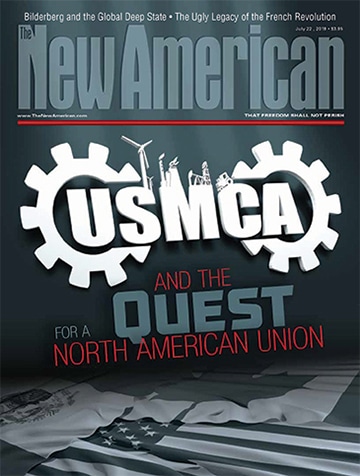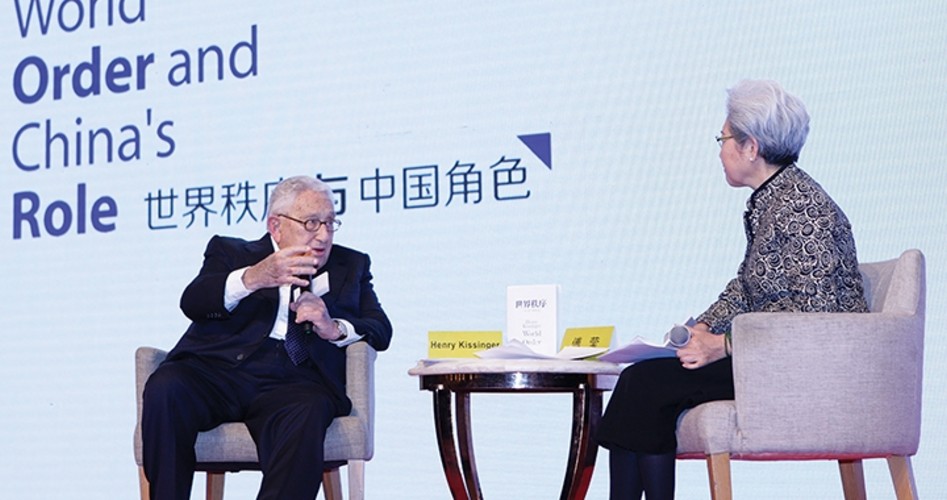USMCA and the Quest for a North American Union
“USMCA will boost economic growth and create jobs” claims an April 2019 headline on the website of the White House. Big business has gotten behind it with large marketing campaigns from the U.S. Chamber of Commerce, and many GOP politicians are on board to pass it. Yet some liberty-loving organizations are working against the agreement. So who’s right? Is the majority of Americans not hearing important facts about the USMCA?
“Big business may be backing it, but so is big government,” says Bill Hahn, chief strategy officer of The John Birch Society. “Big government likes it because USMCA will add even more layers of unaccountable bureaucracy — enough to trap Americans, Mexicans, and Canadians into a style of government resembling the European Union.” Hahn quips that if you’re a fan of Brexit, you need to be against the USMCA.
The now 2,325-page USMCA is promoted by supporters as a “free trade” agreement; however, NAFTA (North American Free Trade Agreement) and the USMCA are anything but free trade. The lowering of tariffs is merely a façade for a managed regional integration scheme, the objective of which is no less than regional integration toward world government. Traditionally, free trade presupposes the free flow of goods across borders without the intervention of government. However, international organizations and arrangements such as the World Trade Organization (WTO), NAFTA, the Trans-Pacific Partnership (TPP), and the Transatlantic Trade and Investment Partnership (T-TIP) do not seek to remove government from international trade, but rather to empower more government over it. Such international organizations and arrangements often establish new regional or global rules, along with their own administrative or governing bodies to implement the agreement and enforce its provisions. As a result, trade schemes become mechanisms for control — not just over the trade aspect but also over the participating national governments. The USMCA is no different: As with so many “free trade agreements” before it, the USMCA is subordinate to the WTO, which is referenced nearly 90 times throughout the agreement.
JBS Member or ShopJBS.org Customer?
Sign in with your ShopJBS.org account username and password or use that login to subscribe.

 Subscribe Now
Subscribe Now
- 24 Issues Per Year
- Digital Edition Access
- Exclusive Subscriber Content
- Audio provided for all articles
- Unlimited access to past issues
- Cancel anytime.
- Renews automatically

 Subscribe Now
Subscribe Now
- 24 Issues Per Year
- Print edition delivery (USA)
*Available Outside USA - Digital Edition Access
- Exclusive Subscriber Content
- Audio provided for all articles
- Unlimited access to past issues
- Cancel anytime.
- Renews automatically


